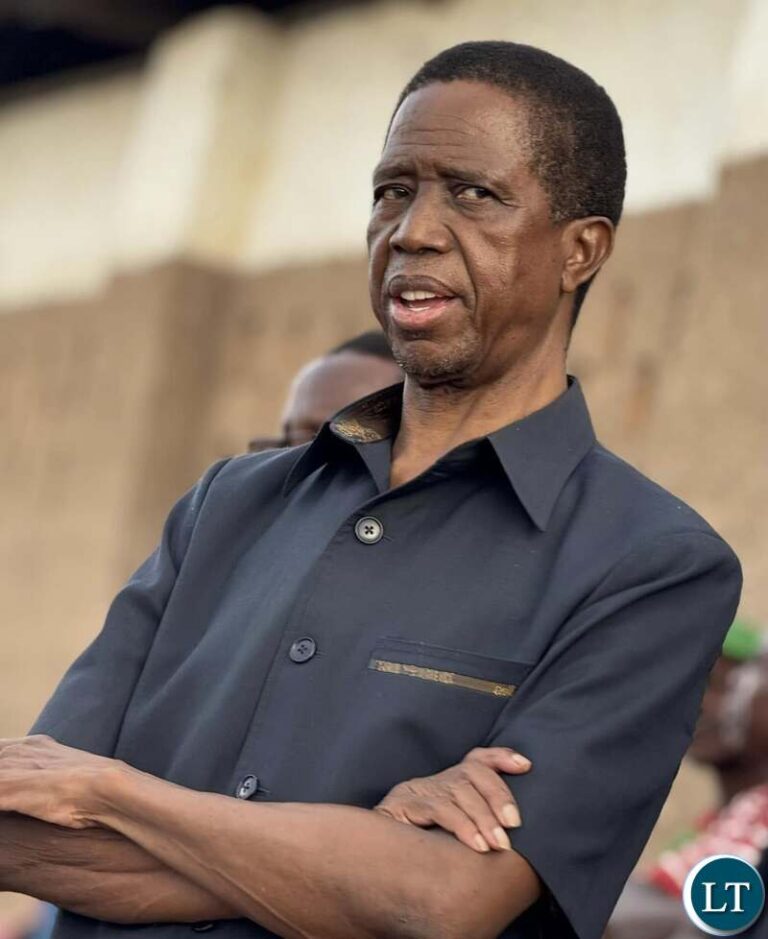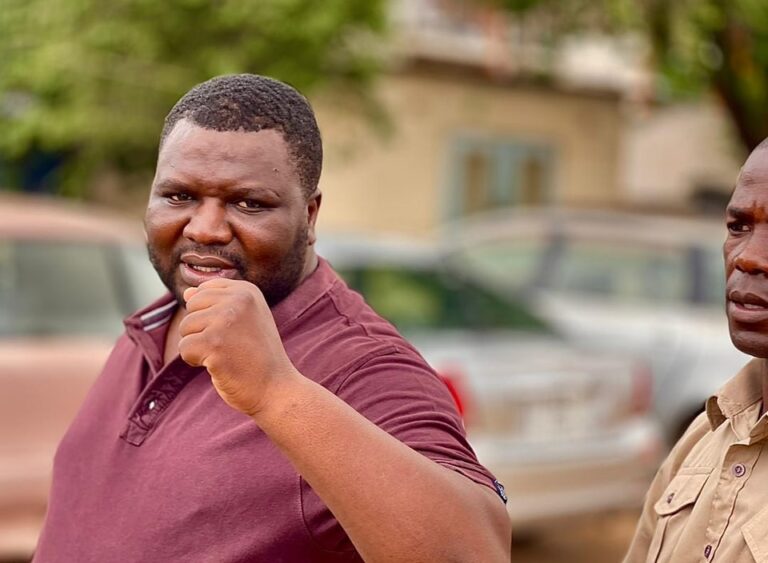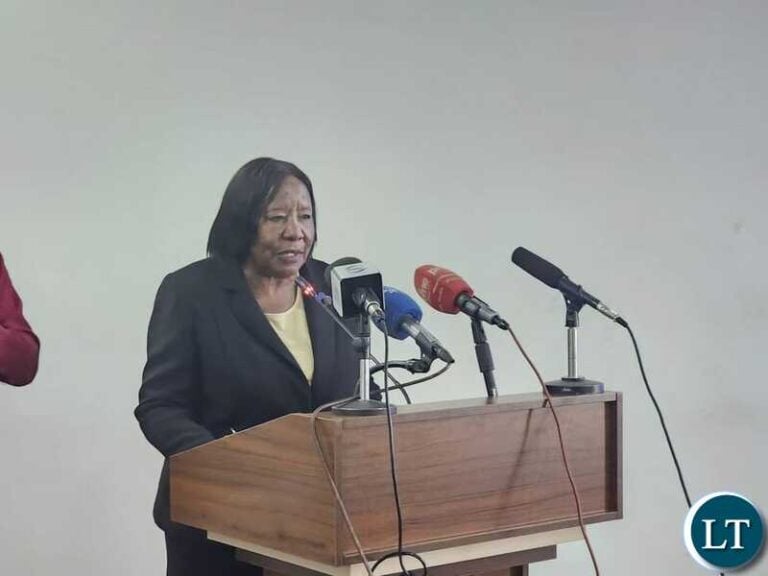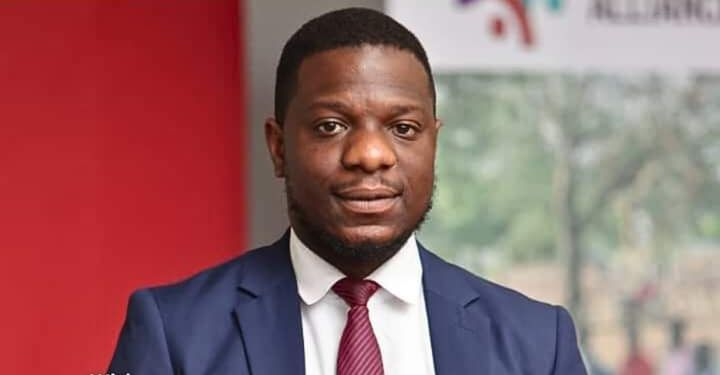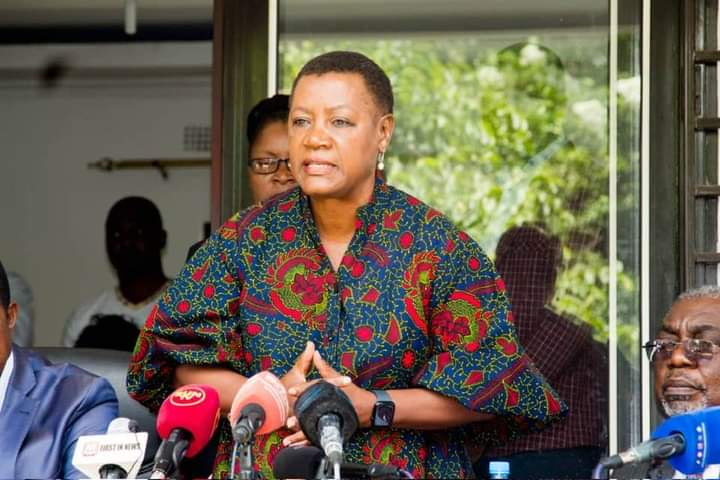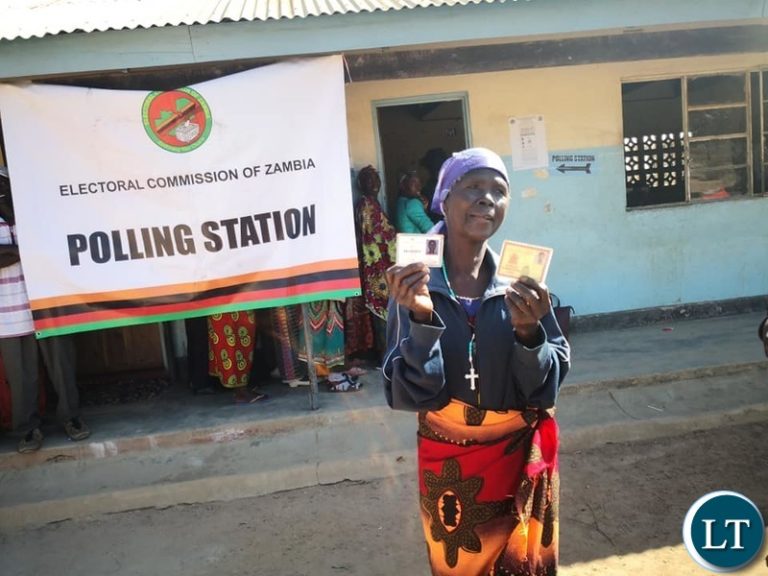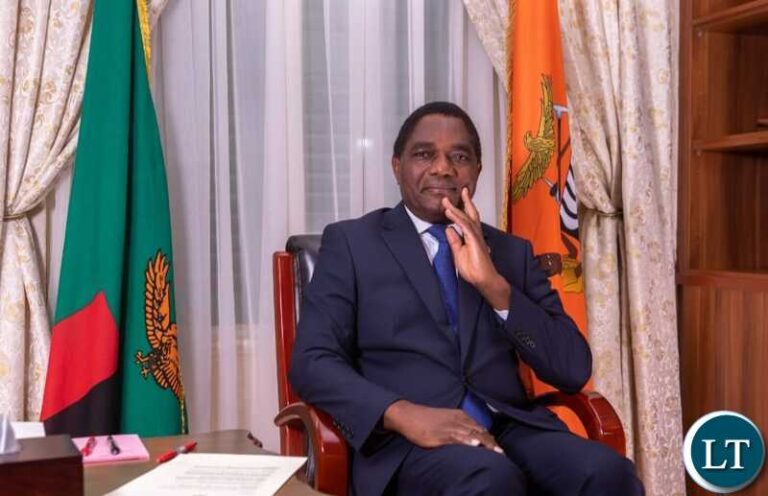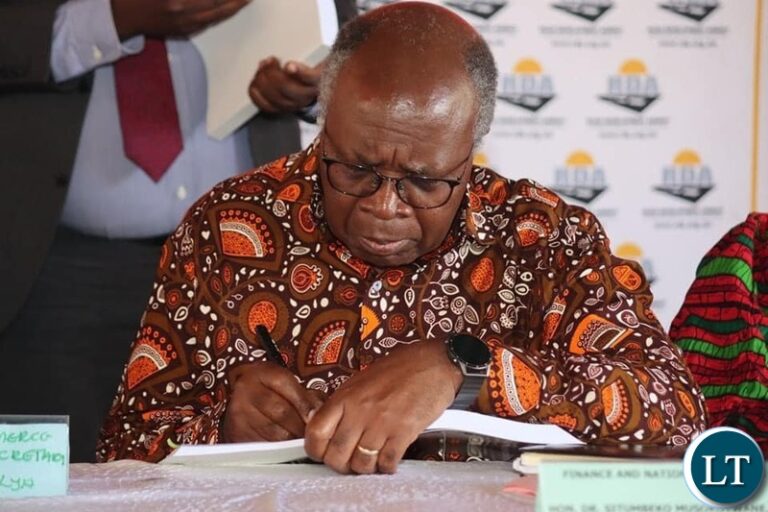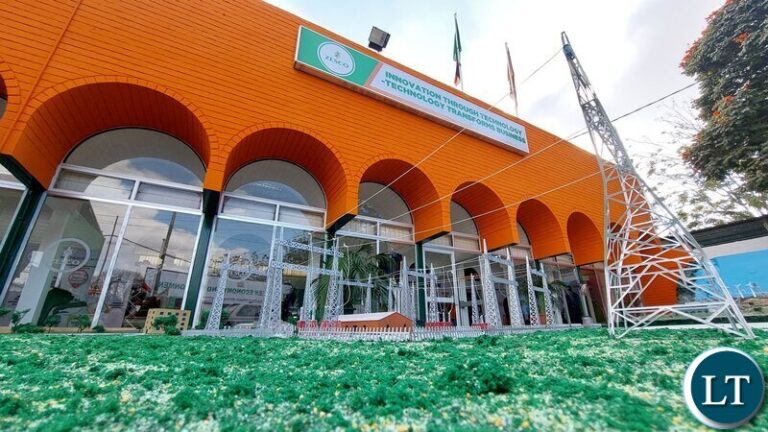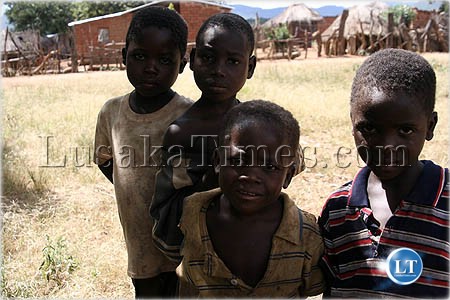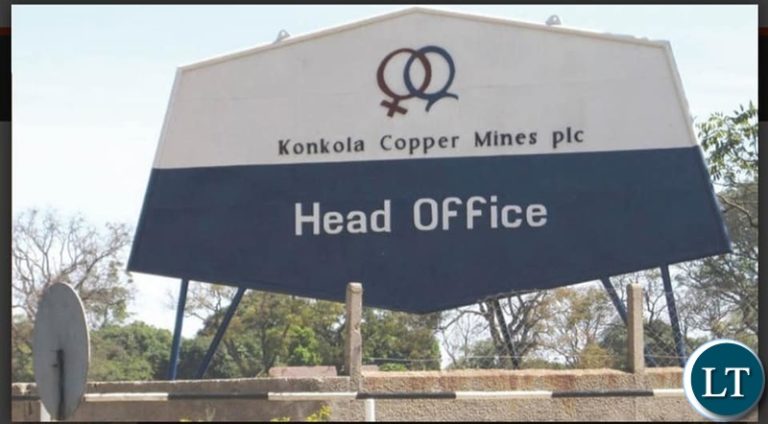Today’s ruling regarding former President Edgar Lungu’s eligibility for the 2026 Zambian presidential elections has sparked significant controversy across the nation. The Constitutional Court (ConCourt) upheld Lungu’s eligibility for the 2021 elections but has now barred him from running in 2026, leading to accusations of inconsistency and disillusionment among many Zambians. This decision has ignited a heated debate about judicial independence, the clarity of the Constitution, and the concerning precedent it sets for the country.
While the court aimed to tackle a crucial constitutional issue, its ruling has generated more questions than answers. If Lungu was deemed eligible to run in 2021 after serving two terms, how can the same Constitution now deem him ineligible for 2026? Even a child would struggle to understand the reasoning. Critics contend that this ruling was strategically designed to prevent the invalidation of the 2021 general elections. Declaring him ineligible for 2021 could have led to a constitutional crisis, potentially nullifying the election results and throwing the country into turmoil with demands for a new election.
This case has also revealed significant flaws within Zambia’s judiciary. The frequent reshuffling of judges, including the alleged dismissal of three Constitutional Court justices by President Hakainde Hichilema, has raised concerns about the judiciary’s independence. The current bench, which has been restructured with judges reportedly appointed or promoted by the current administration, faces accusations of being used as a political instrument.
This isn’t the first time Lungu’s eligibility has come under scrutiny. The issue has been examined and resolved multiple times, including in the notable Danny Pule & Others, Aubrey Bampi Kapalasa, and Sishuwa Sishuwa cases. Each time, the conclusion was the same: Lungu’s partial term following Michael Sata’s death did not count as a full term. Yet, despite these rulings, the question of eligibility has been reopened again and again, with critics accusing the judiciary of playing to the whims of the Executive.
The UPND’s handling of this case may have been a strategic misstep. By barring Lungu in 2026, the ruling has reignited political tensions and potentially bolstered opposition unity. Some political analysts argue that today’s decision was designed to limit Lungu’s political influence while avoiding the fallout of overturning the 2021 elections. However, this maneuver may have backfired, as it has opened the UPND to accusations of judicial manipulation and undermining democratic institutions.
President Hichilema’s perceived willingness to sacrifice the independence of institutions like the judiciary, Parliament, and the Electoral Commission to achieve political goals has not gone unnoticed. Such actions risk eroding public confidence in Zambia’s democracy, leaving citizens to wonder: if even the highest court in the land cannot be trusted, where does one turn for justice?
The ConCourt’s decision, rather than settling the matter, seems to have marked the beginning of an endless cycle of petitions and counter-petitions. The judiciary’s inability to deliver a clear, definitive resolution has turned it into a circus, running like a headless chicken and drawing widespread criticism. Respect for judicial authority is eroding, as many believe the institution has failed to respect itself.
“Respect the judiciary,” people say. But how can citizens respect an entity that appears to contradict its own decisions and allow itself to be used as a political pawn?
Today’s choreographed ruling has not only complicated Zambia’s political landscape but also reshuffled opportunities in the opposition camp. With Lungu out of the picture for 2026, the race for leadership within the Patriotic Front (PF) has intensified, creating an unpredictable and volatile political environment.
The broader implications for Zambia’s democracy are concerning. The ConCourt’s ruling sets a precedent for revisiting final judgments, which could lead to an endless cycle of litigation over constitutional matters. This erodes judicial authority and creates uncertainty in the political arena, undermining the stability needed for national development.
Zambia finds itself at a critical juncture. The judiciary, once the cornerstone of justice, is now viewed with suspicion. Political leaders must recognize the damage caused by undermining democratic institutions and work toward restoring public trust. For the judiciary, the task is to reclaim its credibility by upholding its independence and delivering judgments free from political interference.
For now, however, the question of Edgar Lungu’s eligibility and the broader issues of judicial integrity and democratic governance remains a cloud hanging over Zambia’s future. The dust has not settled; if anything, it has been stirred up, leaving Zambians to grapple with the consequences of today’s decision.
Moses Haansimuna
Legal Analyst, Political Commentator, Investigative Journalist, Public Affairs Specialist
Austria



